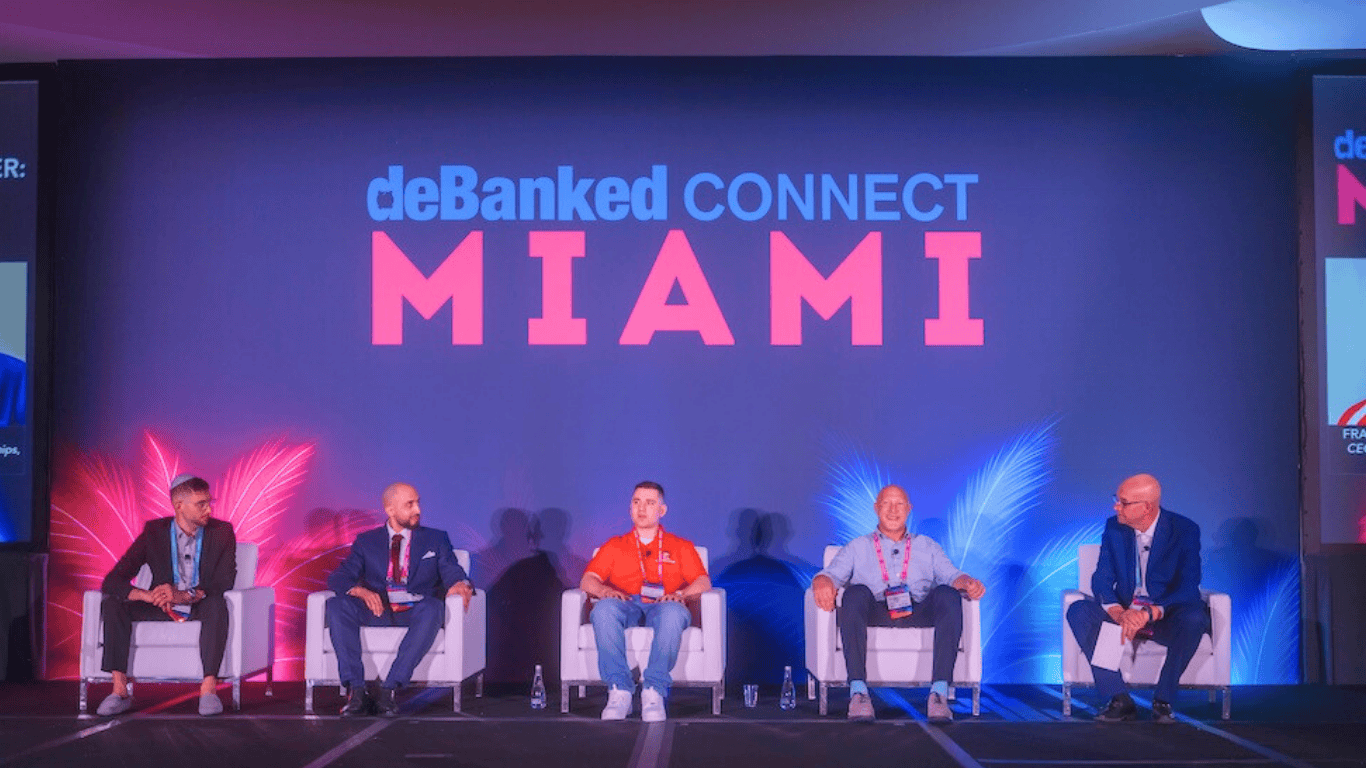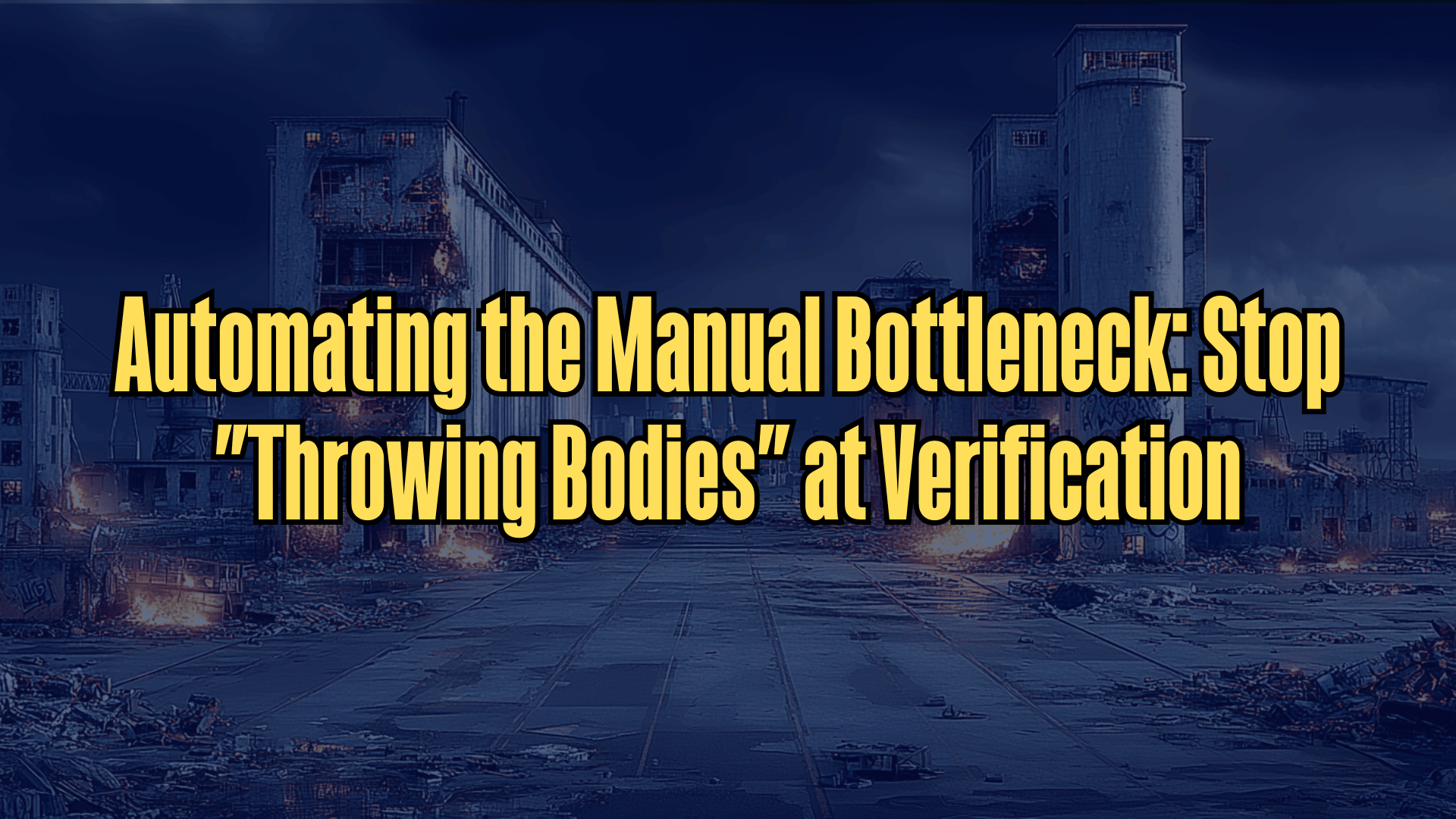For alternative business lenders and institutional lending executives operating in verticals adjacent to construction, material supply, or general trade, verifying the legitimacy and compliance of potential borrowers is paramount for rigorous risk management. Relying on manual due diligence for contractor licensing is a time sink and a major point of vulnerability.
A robust Contractor License Verification API provides instant clarity, delivering mission-critical data points directly to your automated underwriting engine. This verification goes beyond simple existence checks; it provides the foundational assurance necessary to approve deals quickly while curtailing fraud exposure.
Here is a detailed breakdown of the critical information contained within a contractor verification report and its strategic significance for your lending decisions:
1. Real-Time Licensing Status and Good Standing
The core value proposition of a contractor verification report is delivering the up-to-the-minute licensing status directly from the state authority. This process validates whether a business holds the necessary credentials required to legally operate in its jurisdiction.
The report provides instantaneous confirmation of the license status at the state level, confirming that the business is actively operating with the required credentials.
- Mitigating Non-Compliance Risk: This instant check dramatically reduces exposure to legal and reputational risk associated with funding unlicensed or non-compliant contractors, which is particularly crucial for lenders specializing in the construction industry.
- Supporting Automated Underwriting Flow: By receiving the license status, executives can integrate this data point into pre-underwriting rule sets, enabling immediate knockout logic or flagging for required stipulations if the license status is not in 'Good Standing'.
- Ensuring Deal Viability: For firms that refuse to transact with contractors lacking mandatory state licenses (which applies in many US states), this data acts as a necessary gatekeeper, preventing wasted resources on files that would otherwise be rejected.
2. Verified Identity and Business Name Matching
Fraud detection is significantly enhanced by confirming that the name submitted by the applicant truly corresponds to the holder of the license ID. Sophisticated verification solutions treat the contractor's license ID as the primary key for identity resolution, safeguarding against identity spoofing.
The report validates the specific contractor's license ID alongside the associated legal business name, ensuring the application data matches the credential record.
- Combating Credential Theft: This check prevents scenarios where a nefarious individual might steal or misappropriate a valid license ID from another party, ensuring that the financial liability rests with the correct, verified entity.
- Confirming Professional Legitimacy: Verification ensures you are dealing with an actual, skilled contractor (or licensed entity) who has met the state’s qualification requirements, thereby reducing the operational liability risk stemming from potential incompetence or fraud.
- Providing Auditable Proof: By validating identity against the license ID, the system creates an indisputable audit trail. This primary source verification is vital for regulatory scrutiny, especially given known instances of fraud, such as applicants submitting photoshopped licenses.
3. Comprehensive Foundational Business Details
A complete verification report leverages the same rigorous data retrieval framework utilized for Secretary of State (SOS) checks, returning a complete set of publicly available business vitals from the specific licensing jurisdiction.
The report returns the basic details available through the state's licensing portal, which may include the business name, the status (e.g., active, revoked), the license number, and other foundational identifying characteristics.
- Supporting Holistic Risk Assessment: These fundamental verified details contribute to the construction of a comprehensive risk profile for the contractor, bolstering the overall due diligence process beyond simple credit checks.
- Ensuring Data Integrity and Completeness: Executives leverage this data to cross-validate multiple application inputs, quickly flagging discrepancies in addresses or entity names, which are often early indicators of potential fraud or incompetence.
- Accelerating Job/Project Analysis: For lenders funding specific construction projects (jobs), collecting this verified licensing information is a crucial step in the job analysis process, confirming the validity of key parties involved before capital is deployed.
Integrating Contractor License Verification via API ensures that your firm gains instantaneous confidence in its partnerships. This automation streamlines traditional manual due diligence, ensuring adherence to compliance protocols and providing the speed and accuracy necessary to thrive in the competitive alternative and institutional lending landscapes.












.png)